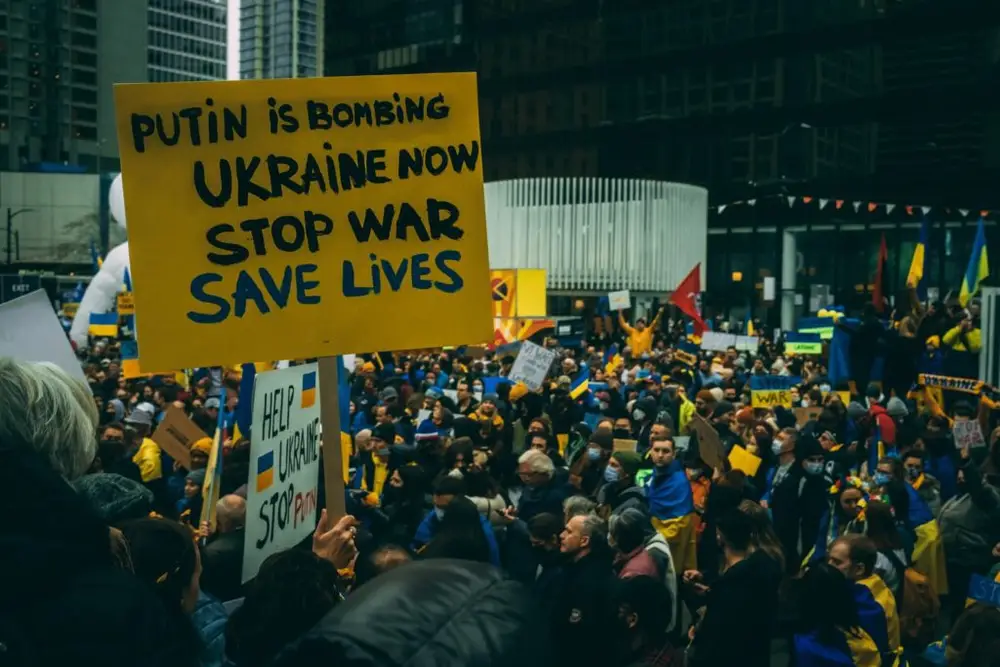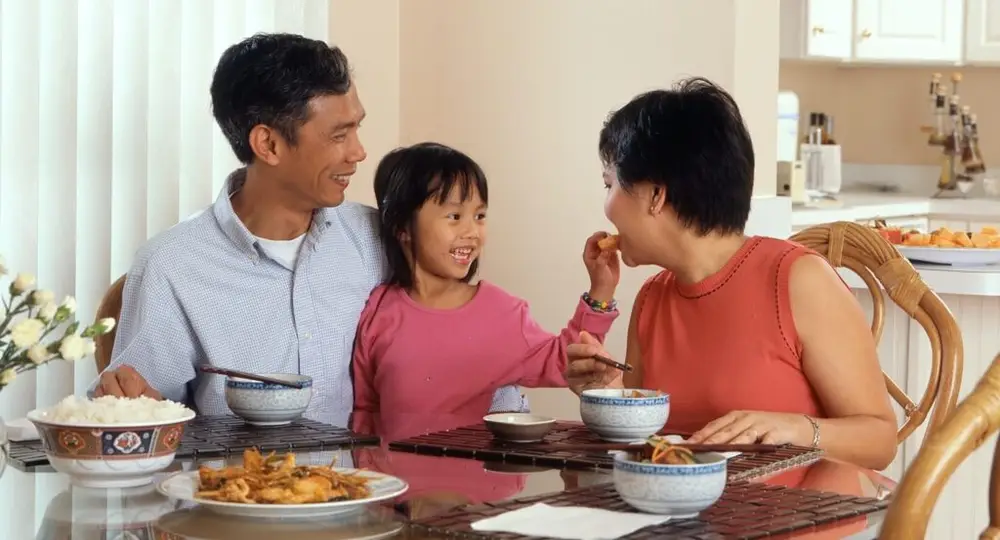NEED A THERAPIST IMMEDIATELY? WE HAVE OPENINGS! INSURANCE ACCEPTED. CALL 801.901.0279!

It’s important to talk about war with your children, the news about the invasion of Ukraine, caused tremendous pain and grief in me. Families being shredded as women and children get on trains to go to neighboring countries and safe havens.
Men being asked to leave their families and fight for their freedom, families and their land. I can only feel the pain that I would have if I had to leave my wife and children.
I’m concerned about how many lives will be lost due to this conflict and the trauma that they are experiencing.
After this contemplation, I realized my own children were suffering because of this conflict, fear of being called to war from the older children and all the death and pain the younger children keep hearing about.
As much as I would like to protect and prevent my children from all of this negativity, I realize it’s impossible. They will hear about it at school and from friends.
I was right, the next day my children came home with these exact fears, teachers talking about it and also news on magazines at the stores.
My children are experiencing some trauma of their own.
We can’t assume our children are okay, we must take the precaution and talk about war with them, help them talk and open up about their feelings, give them validation and calm the fears.

It would be really easy to ignore the subject of war, death and destruction and hope they will be okay, but you know this is not the best approach to handling this.
It’s helpful for your children to know they can talk to you about anything and everything and you are safe to talk with about their challenges in life.
Help your children work through their emotions and don’t be afraid to address challenging topics like war, sex, drugs, alcohol, etc. The purpose of this article is to give you 7 Tips to talk about war and the aftermath of war.
We’re glad to see you have the desire to help your children, recognizing these conversations are critical shows you’re a great parent.
The average person overcomplicates everything so we want to go to the K.I.S.S. principle and keep your communication and descriptions simple, based upon their age.
How old are your children? Keep the communication simple and at their level.
If you have a young children, 7 and under, they don’t need detailed descriptions, the communication could be something like this, “There are two countries fighting and it’s sad. What do you think they should do?”
Children 8 years old to about 11 years, they may want more details about the conflict and you need to be there to answer the questions.
I like to use the question, “What are your thoughts about this?
On the other hand, older kids have probably already heard about the conflict on social media or through friends. They are going to want to have discussions, not just surface answers but actual discussions.
My son fears being called to fight in a war even though he’s not out of High School so I need to have this discussion so he doesn’t start to shut down and have negative consequences at school.

Every child is different but if you can schedule a time and place to talk about war and have a safe and calm discussion, the overall discussion will be much better.
However, if you have an older child that is wanting to have the discussion right now, separate yourself from the younger children so you don’t increase their anxiety and fear.
Every conflict, every disaster, every problem has a silver lining, there’s something positive in the situation, find it and discuss it.
For example, you can talk about how unified the country is now or how so many people were able to leave without any harm.
Sometimes the hope may seem kind of weak but giving hope and living with hope is much better for their mental health and development.

Your children don’t need to be flooded with information they don’t need or want. Instead of just telling them a bunch of stuff ask them what are their thoughts about things going on right now in their life?
I like to ask a general question to see what might stand out to them and give them the option to talk about anything they want.
After this question, I follow up with other, more direct questions like, “What do you know about the war going on?”
Then follow up and ask permission to discuss things further, “Would you like to know more about what’s going on or do you have any questions you would like me to answer?”
Asking questions and allowing them control in this situation, helps keep the conversation safe and builds your relationship.
Remember, as you talk about war, they don’t need to know everything, only answer to the level of question being asked, don’t over share.
As you talk to your children about war, pay attention to what their body is doing? Are they trying leave or turn away from this discussion, are they engaged or disengaged? Are they feeling uncomfortable or uneasy?
You don’t want to force someone to talk so if your child is not wanting to talk about it, don’t force them, instead, let them know they can come talk to you about it later, when they are ready.
Your child may not want to talk about it at all so don’t force them. However, they may not want to tell you they don’t want to talk about it so watch their body language, which speaks louder.

Media loves to exploit the bad, sad and negative, unlike the approach we want you take of hope and a positive focus.
Scientists have discovered it takes three positive experiences to offset one negative experience. According to Dr. Barbara Fredrickson, positivity researcher at the University of North Carolina.
If it takes three positive experiences to offset a negative experience let’s do our best to protect them and avoid watching the news when children are around.
After having several conversations with my children, I figured they were good but I noticed a behavior shift in my 14 yr. old son so I asked him, “What’s going on, something is off?”
At first he tried to brush it off but his body language was completely different so I probed, “You can talk to me son, about anything.”
He broke down, “Are you going to go to war and are you leaving?”
You can’t assume there will be a few discussions and that’s it, the brain is masterful at creating worst case scenarios and we need to help our children navigate these thoughts.

Lets face it, who likes to talk about their crap with other people?
If you’re like most clients, you’re used to being judged despite hearing so many people talk about non judgment and when you do open up, it seems like the more you share, the less likely you are to get compassion.
We’ve worked our butts off to create a clinic where the unfiltered, real you, can show up and heal, so dammit give therapy a chance!
We love the unfiltered real you, let’s heal together. – Utah Family Therapy Team
